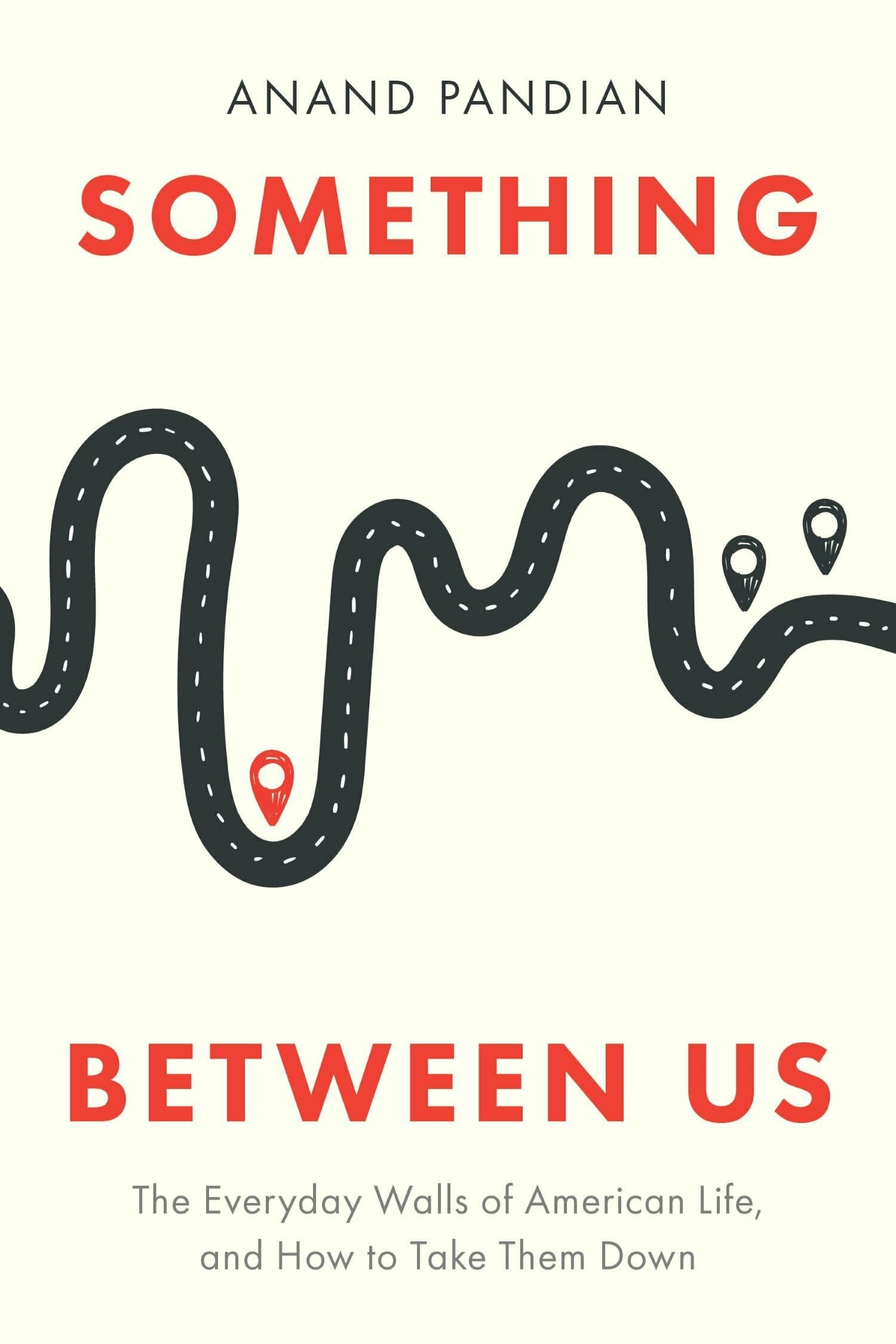Crisis Style

In this expansive and provocative new work, Michael Dango theorizes how aesthetic style manages crisis—and why taking crisis seriously means taking aesthetics seriously. Detoxing, filtering, bingeing, and ghosting: these are four actions that have come to define how people deal with the stress of living in a world that seems in permanent crisis. As Dango argues, they can also be used to describe contemporary art and literature.
Employing what he calls "promiscuous archives," Dango traverses media and re-shuffles literary and art historical genealogies to make his case. The book discusses social media filters alongside the minimalism of Donald Judd and La Monte Young and the television shows The West Wing and True Detective. It reflects on the modernist cuisine of Ferran Adrià and the fashion design of Issey Miyake. And, it dissects writing by Barbara Browning, William S. Burroughs, Raymond Carver, Mark Danielewski, Jennifer Egan, Tao Lin, David Mitchell, Joyce Carol Oates, Mary Robison, and Zadie Smith. Unpacking how the styles of these works detox, filter, binge, or ghost their worlds, Crisis Style is at once a taxonomy of contemporary cultural production and a theorization of action in a world always in need of repair. Ultimately, Dango presents a compelling argument for why we need aesthetic theory to understand what we're doing in our world today.
"Can art heal the world?Crisis Style's wonderful wager is that it surely tries. The book's aesthetic categories are irrepressibly illuminating: you can't unsee them!"—Anna Kornbluh, University of Illinois, Chicago
"Across incisive and thought-provoking readings, Dango elaborates a significant new approach to contemporary aesthetic theory and cultural studies."—Margaret Ronda, University of California, Davis
"This is literary criticism as cartography, and it is politically potent. Against the hoary notion of a humanist as a critic who stands outside of consumer culture to reach something loftier, the promiscuous critic knows what it's like to get lost on the internet. And we're learning how to theorize that experience of disorientation.... By reading for style with Michael Dango, we can chart a more meaningful path through a world that's full of it."—Gloria Fisk, American Literary History




